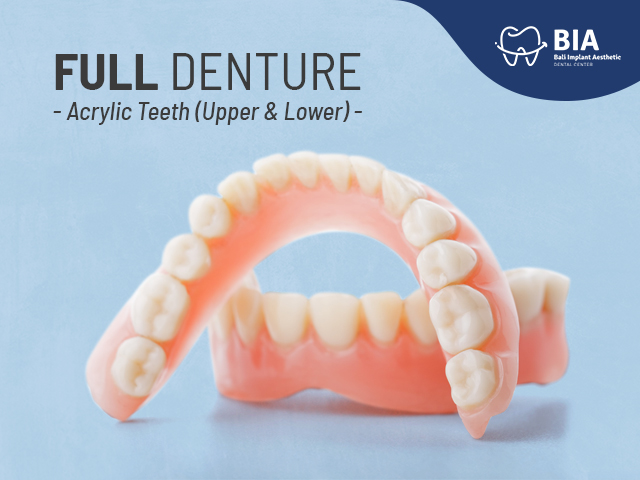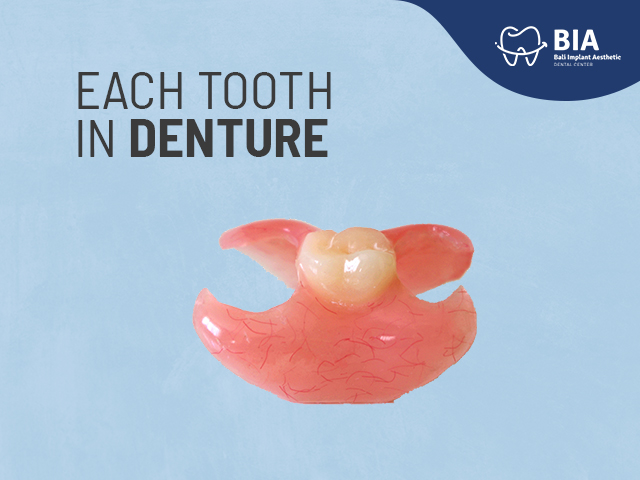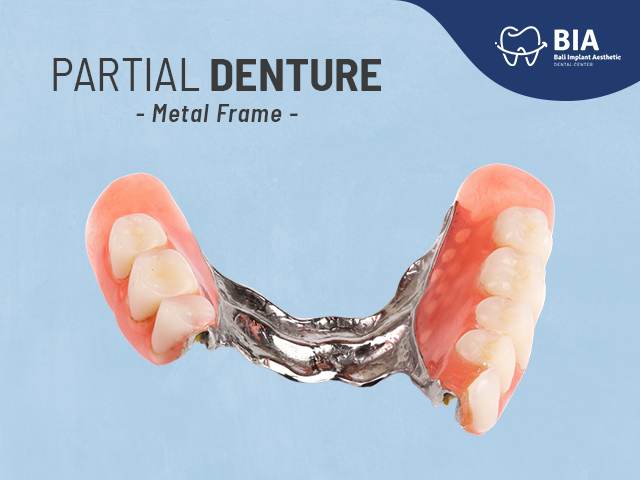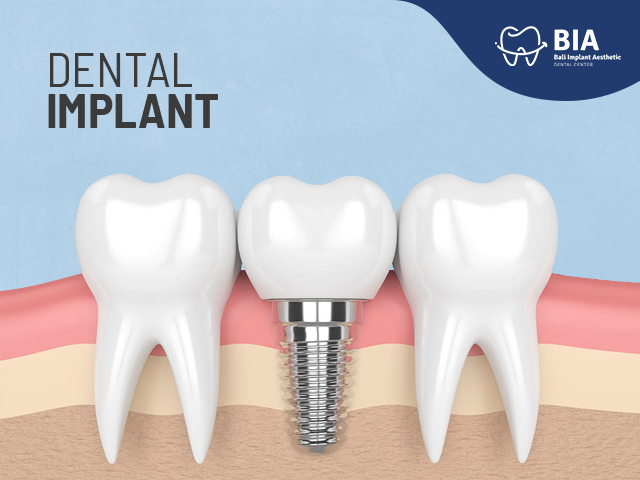Dry Mouth and Its Oral Health Impact
Article | 2020-07-06 01:56:29
Dry Mouth and Its Oral Health Impact
Saliva Function
Saliva plays an important role for oral health. The function of saliva is important and very clear, namely when eating, to taste and lubricate food and protect the mucosa and teeth. Water, mucin, and proline-rich glycoproteins become lubricants for food and help the process of swallowing. Saliva is also important for normal taste perception. Saliva functions protectively through various antimicrobial components.
Dry Mouth
In the medical world, dry mouth is called Xerostomia. Xerostomia comes from Greek: xeros = dry; stoma = mouth). Dry mouth is described as a decrease in the speed of salivary stimulation secretion. Xerostomia (dry mouth) is a subjective complaint of dry mouth that can be caused by a decrease in saliva production.
Dry mouth which is indicated as a decrease in saliva production is generally caused by the following factors:
Drug side effects
Xerostomia or dry mouth is the reduction of abnormal saliva as a side effect of certain medications. Certain drugs, such as tricyclic antidepressants, antipsychotics, benzodiazepines, atropinics, blockers, and antihistamines have xerostomia side effects. These drugs have anticholinergic or sympathomimetic properties that will reduce saliva production so that acid levels in the mouth increase. With a small amount and thick consistency, saliva will lose its function as a natural cleanser of the oral cavity.
Radiation level
Radiation therapy to the neck and head area for cancer treatment has been proven to cause damage to the structure of the salivary glands with varying degrees of damage to the salivary glands affected by radiotherapy. The amount of salivary gland damage depends on the amount of radiation dose given during radiation therapy.
Volume of salivary glands
There are certain local diseases that affect the salivary glands and cause reduced salivary flow. Acute and chronic inflammation of the salivary glands (sialadenitis), malignant and benign tumors, and Sjo¨gren's syndrome can cause xerostomia. Chronic phaladenitis more often affects the submandibular and parotid glands. This disease causes cell loss and blocked glandular ducts. Salivary cysts and tumors, both benign and malignant, can cause pressure on the ductal structure of the salivary glands and thus affect the production of saliva.
Age level
Xerostomia is a common problem that often occurs in old age. This situation is caused by the shrinkage of the salivary glands in accordance with increasing age which will reduce saliva production and change its composition. Along with increasing age, the aging process occurs. Changes and deterioration of the function of the salivary glands, where the parenchymal glands disappear and will be replaced by connective tissue and fat. This situation results in a reduction in the amount of saliva flow. Changes in size that occur in the submandibular gland in accordance with age will also reduce saliva production and change its composition.
Stress level
At the time of exercise, or talking for a long time can cause reduced salivary flow so that the mouth feels dry. In the state of emotional disorders such as stress, despair and fear can stimulate the sympathetic influence of the autonomic nervous system and block the parasympathetic nervous system so that salivary secretions decrease and cause the mouth to become dry. Breathing through the mouth will also give the effect of dry mouth
Effects of Dry Mouth
Decreased saliva production can cause discomfort in the oral cavity, pain, increased levels of dental caries and oral infections, as well as difficulty speaking and swallowing food. Complaints arising from xerostomia can affect dental health and oral cavity which further affect the level of quality of life.
Always consult your dental and oral health problems with the best dentists and dental clinics in Bali.
BIA Dental Center
Jl. Sunset Road No.86A, Seminyak, Badung, Bali Indonesia 80361.
+6282139396161
Source:
Eugene NM, Robert LF. Salivary gland disorders. New York: Springer Berlin Heidenberg. 2007.
Kidd EAM, Bechal SJ. Dasar-Dasar Karies. Jakarta: Penerbit Buku Kedokteran EGC. 1992: 67-70.
Mohammad AR. Xerostomia in the geriatric patient: A new challenge for the oral health professional. A review. Dental Forum/1/2005/XXXII, 67-72.
SR Porter, C. Scully, AM. Hegarty. An update of the etiology and management of xerostomia. Oral Surgery Oral Medicine Oral Pathology. 2004: 97 (1, 28-46)
Rahmadhan AG. Serba Serbi Kesehatan Gigi & Mulut. Cetakan Pertama. Jakarta: Penerbit Bukune. 2010: 15.
Hasibuan S. Keluhan mulut kering ditinjau dari faktor penyebab manifestasi dan penanggulannya. http://library.usu.ac.id/download/fkg/fkg-sayuti.pdf (15 Februari 2012)




